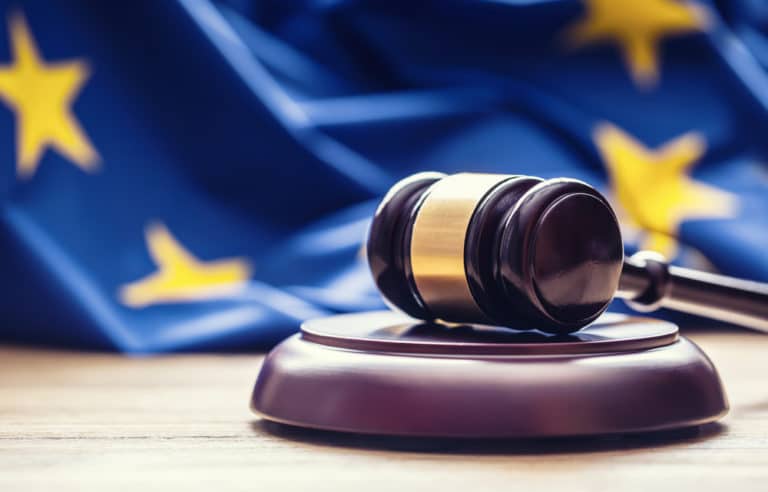The US chipmaker is hoping to find the same legal success it had last year.
Qualcomm found itself in the EU’s General Court again this week as its lawyers sought to overturn a 242-million-euro EU antitrust fine levied by the European Commission Competition Authority. The legal proceedings are taking place just a year after the company convinced the same court to throw out a much bigger penalty in another antitrust case the EC had brought against the US chipmaker.
The fine sought by the EC is equal to about two percent of Qualcomm’s 2022 profits and was actually levied against the company in 2019. That’s when the European Commission accused Qualcomm of “abusing its market dominance in 3G baseband chipsets”. Specifically, the EC found that during the years 2009-2011, Qualcomm had sold its 3G baseband chipsets at a loss to harm British rival Icera’s ability to compete. Icera has since been acquired by Nvidia.
Last year Qualcomm won a case in the same court and dodged a 997 million euro EU antitrust fine in another case related to payments made to Apple in order to (allegedly) block out rivals such as Intel.
Controlling “key components” for mobile devices
Margrethe Vestager, the Commissioner for Competition, said in a statement at the time: “Baseband chipsets are key components so mobile devices can connect to the Internet. Qualcomm sold these products at a price below cost to key customers with the intention of eliminating a competitor”.
Baseband chipsets enable smartphones and tablets to connect to cellular networks and are used both for voice and data transmission. This case concerns chipsets complying with the Universal Mobile Telecommunications System (“UMTS”), the third generation (“3G”) standard.
Qualcomm lawyer Miguel Rato told Reuters that the suit was not valid, because the 3G baseband chipsets singled out in the case accounted for just 0.7% of the Universal Mobile Telecommunications System (UMTS) market and thus “it was not possible for Qualcomm to shut out rivals from the chipset market”.
The EU General Court is expected to issue a ruling on the case in the coming months, Reuters said.
